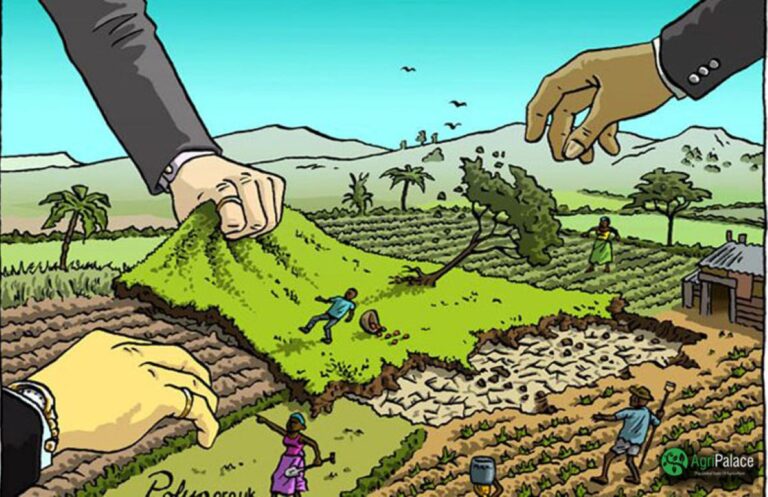the difference between z-farming [zero acreage] and urban agriculture
The mass migration of people from rural to urban spaces throughout the world has brought a number of benefits and challenges. Economic opportunities and exposure to new cultures and experiences have provided people with the chance to lead more diverse lives and expand ties of communication. However, the burgeoning urban populations remain highly dependent on…

